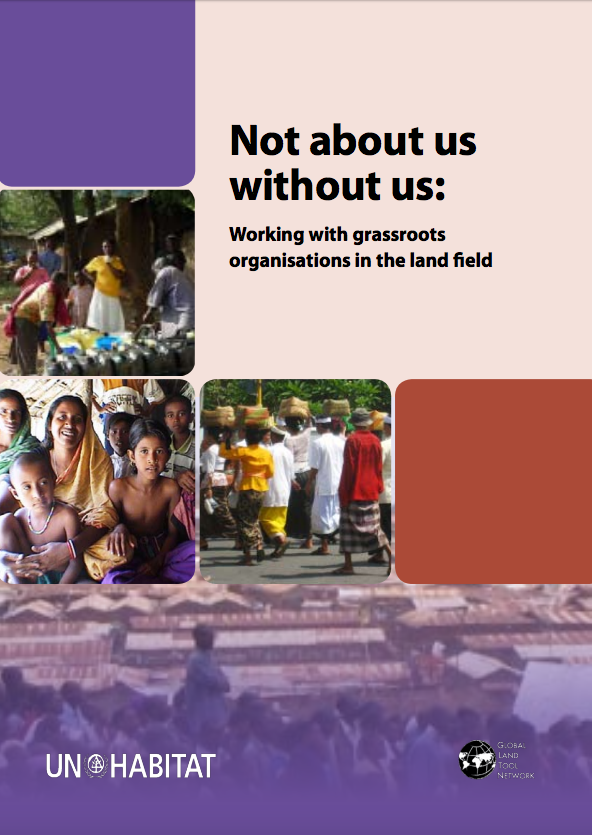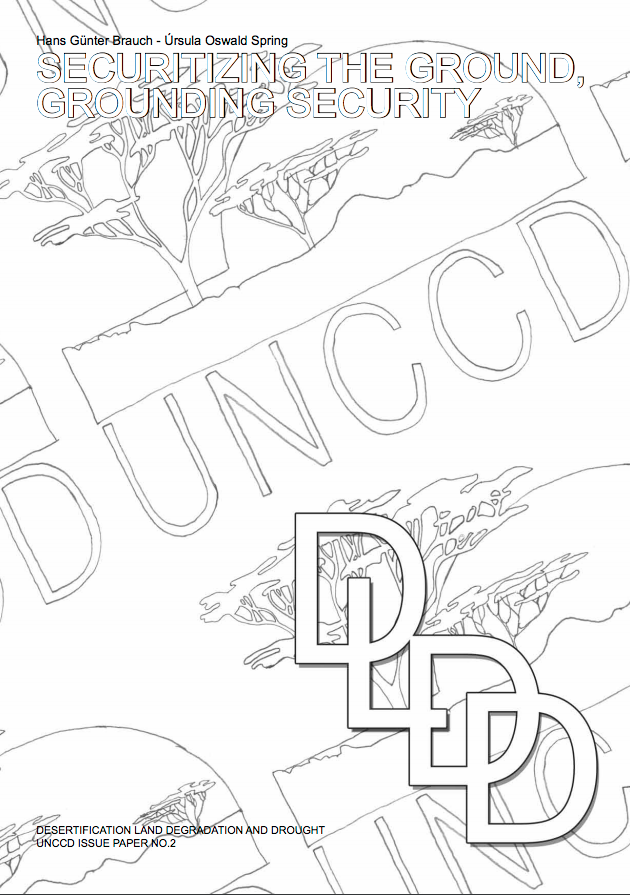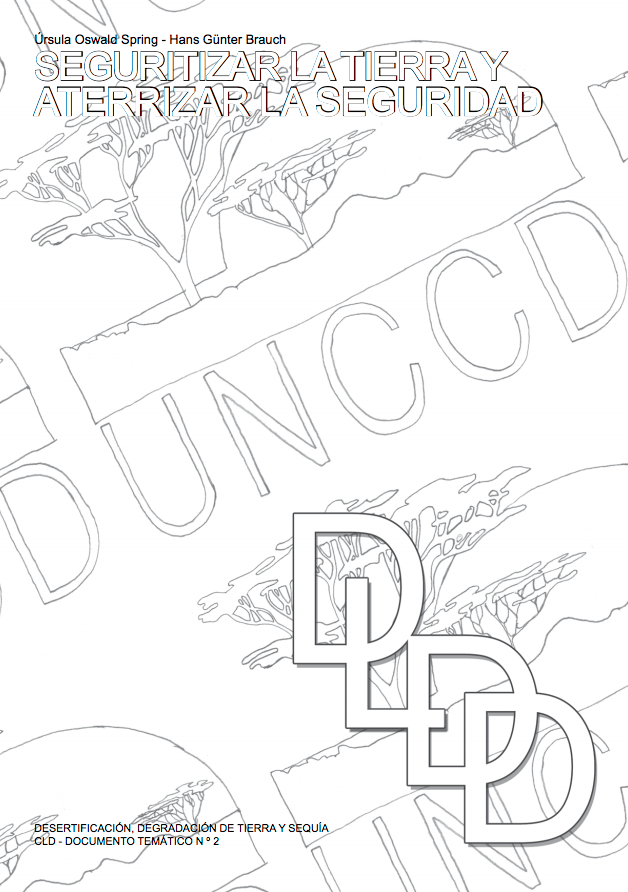Not about Us without Us: Working with grassroots organisations in the land field
This publication, from the Global Land Tool Network, presents the grassroots mechanism it plans to promote for the effective inclusion of local community groups (grassroots). The involvement of the grassroots is crucial at all stages of land-related processes. However, many pro-poor land policies are developed and implemented with weak grassroots participation, leading to project failure or outcomes that do not assist women or people living in poverty.










